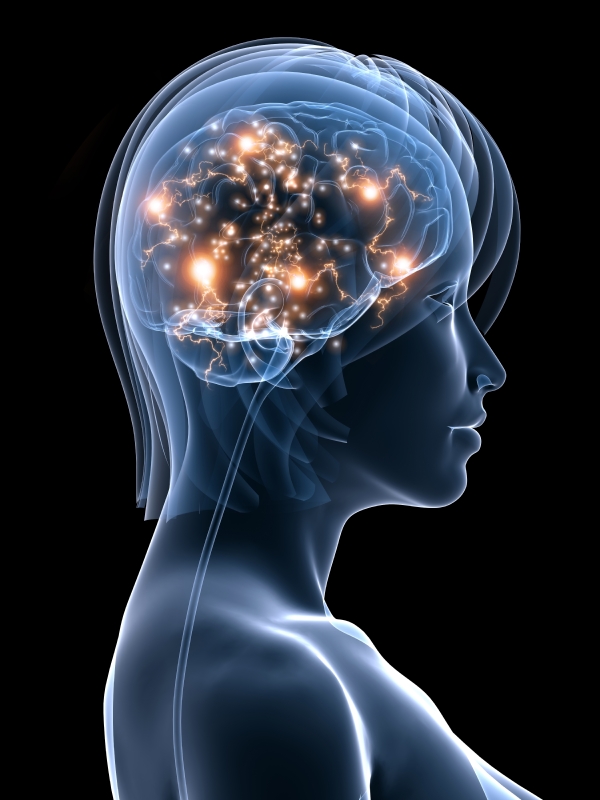How Happiness Looks Like in Our Brain

Author: Shernide Delva
Many wonder how to obtain happiness. Some may ponder what happiness even is. Few, however, wonder how happiness actually looks like in the brain. Now researchers have discovered the answer to happiness, from a neurological perspective.
Happiness, according to the study, is a combination of happy emotions and satisfaction of life coming together in a region of the brain called the precuneus. This region located in the medial parietal lobes and become active when experiencing conscious happiness.
What is Happiness?
Wataru Sato and his team at Kyoto University were able discovered happiness from a neurological perspective. We may exercise, meditate or binge on self-help books but most of us do not know what happiness really is. People experience emotions in a plethora of ways. Some people are more sensitive and tend to be down more than others. Some people feel intense happiness when they receive compliments.
Psychologists have found that emotional factors and satisfaction of life come together to generate the subjective experience of being “happy.” Psychologists, however, have yet to understand the neural mechanism behind how happiness emerges. Understanding that mechanism, according to Sato, will be a huge asset to quantify happiness objectively.
First Sato and his team scanned the brains of research participants with an MRI. Then, the participants were given a survey to ask:
- How happy they are generally
- How intensely they feel emotions
- How satisfied they are with their lives
Sato and his team scanned the brains of research participants with MRI. The participants then took a survey that asked how happy they are generally, how intensely they feel emotions, and how satisfied they are with their lives.
They analysis revealed that those who scored higher on the happiness survey had more grey matter mas sin the precuneus of their brain. Essentially, people who feel happiness more intensely and feel sadness less intensely are able to find meaning in life and also have a larger precuneus.
“Over history, many eminent scholars like Aristotle have contemplated what happiness is,” lead author Wataru Sato said. “I’m very happy that we now know more about what it means to be happy.”
So how does that help us understand happiness? It doesn’t. Not yet anyway. Sato is hopeful that the information gathered from this research will be useful for happiness training. Those who search for happiness through yoga and mediation can understand why doing these things is helpful.
“Several studies have shown that meditation increases grey matter mass in the precuneus. This new insight on where happiness happens in the brain will be useful for developing happiness programs based on scientific research,” he said.
Understanding how the brain works in relation to happiness can serve a great use in recovery. Addicts are known to hide their unhappiness and insecurities through using drugs. They lack chemicals in their brain like dopamine and serotonin that help regulate emotions. Learning about how the brain looks like when it is happy could help psychologists in the future determine if treatment prescribed to clients are working.
There is an area of psychology known as positive psychology that studies the strengths and virtues that enable a person or community to thrive. They believe that people want to lead a meaningful life and that the cultivation of positive experiences is of utmost important. It is so important to have experience of love, work, and peace in one’s life. Theories within positive psychology include:
- Learning how to define what is good in life from what is bad
- Understanding that problems do not have to create unhappiness
For some people, it is a challenge to understand and truly feel happiness. If you feel like you struggle to have a good day, perhaps it is time to talk about your feelings. If you or someone you love is struggling with substance abuse or addiction, please call toll-free 1-800-777-9588.
